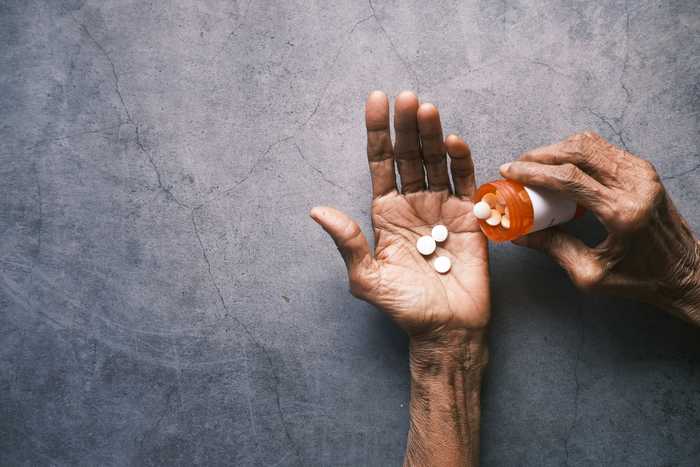Published 14:18 IST, February 13th 2024
What Is Alaskapox? Fatal Disease That Has Claimed One Life In The US
The double-stranded-DNA virus is from the same genus as smallpox, monkeypox and cowpox. It was first identified in an adult in Fairbanks, Alaska.
- Health News
- 2 min read
Health officials in Alaska have confirmed the first death from a recently discovered viral disease Alaskapox. The disease claimed the life of an old, immunocompromised man from the Kenai peninsula, south of Anchorage. He was undergoing treatment at that time. According to an announcement by Alaska Department of Public Health, the man was one of the only seven reported Alaskapox infections.

According to the New York Post, the man said he had not traveled recently and lived alone in the woods. Officials speculated that he might have contracted Alaskapox from a house cat who killed small mammals regularly. However, the cat’s test results showed no infection. Speculations suggest that it might have spread through its claws.
More about Alaskapox
The double-stranded-DNA virus is from the same genus as smallpox, monkeypox and cowpox. It was first identified in an adult in Fairbanks, Alaska in 2015. It is most common in small mammals. According to the State of Alaska’s website, “To date, no human-to-human transmission of Alaskapox virus has been documented. However, since certain orthopoxviruses can be transmitted through direct contact with skin lesions, we recommend that people with skin lesions possibly caused by Alaskapox keep the affected area covered with a bandage.”
The symptoms of the disease include enlarged lymph nodes and muscle discomfort. People with Alaskapox have reported one or more skin lesions. Many victims believed that a spider or other insect had bitten them. Almost every patient had a little ailment. However, it went away on its own in a few weeks. Immunocompromised people are at an increased risk for more severe illness.
The State of Alaska website states, “Symptoms of Alaskapox have included one or more skin lesions (bumps or pustules) and other symptoms like swollen lymph nodes and joint and/or muscle pain. Immunocompromised people might be at increased risk for more severe illness.”
Updated 14:18 IST, February 13th 2024